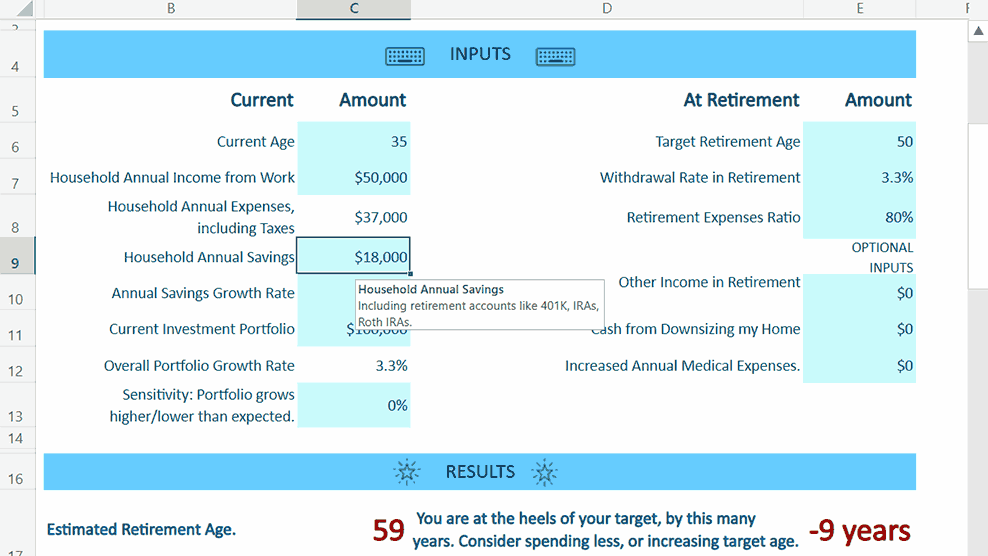What are Real Estate Closing Costs (and How Much are They)?
Closing costs are the fees you pay while finalizing a real estate transaction. They can vary based on where you live and whether you’d buying a new home or refinancing an existing property. If you’re about to be a first-time homeowner, understanding what closing costs are can help you feel prepared for this expense.

How much are closing costs?
If you’ve never purchased a home before, it’s easy to look at how much it’s listed for and think that that number is the total cost. You may be in for a rude financial awakening when your lender informs you about closing costs on your house.
Closing costs are the fees and charges that are due when a real estate purchase is finalized. Both buyers and sellers may have to pay this type of cost, which may include fees related to the loan, real estate commission, taxes, insurance, and the filing of records related to the property.
Closing costs are often assessed based on the amount of the loan, and typically range from 3% to 6% of the total, rather than on the value of the property. So, if you take out a loan for $250,000, you can expect your closing costs as a buyer to range from $7,500 to $15,000, depending on what state you’re in and its tax rate, the type of loan, and who your lender is.
In 2021, the average closing costs for a single-family home were around $6,900 and included expenses like the loan origination fee, processing fee, underwriting fee, escrow, and title insurance.
What is the closing process—and when do the costs come into play?
Once you’ve applied for a mortgage, your lender is legally required to provide a loan estimate within a few days. This estimate details all aspects of your loan and outlines estimated closing costs and other details pertaining to the loan. This can help you avoid financial surprises and help you understand the details of the financial contract you’re entering.
Before you finalize your loan, you’ll receive a final closing disclosure. This document should be provided a few days before the actual closing process and should contain the original estimated closing costs as well as the final, actual closing costs, so that you can see if there is any difference between the two. If there are any fees listed in this document that were not a part of the original loan, talk with your lender and real estate agent for clarification.
Who pays closing costs?
In a real estate transaction, the buyer is usually responsible for the majority of the closing costs. How much each buyer pays will vary and the costs are usually negotiated as part of the sale. An eager seller may even often to pay the entirety of the closing costs, though this is somewhat rare. A buyer may be able to negotiate some of the costs to the seller, like homeowner’s insurance and property tax escrow deposits. This may not always be an option, depending on how the real estate market is behaving at any given time.
While the buyer bears most of the responsibility for closing costs, the seller will usually have to cover certain fees like transfer taxes and attorney fees. It’s important to remember that real estate commission paid to the agent is a separate fee from closing costs and are paid by the seller at closing.
What are different types of closing costs?
There are two main types of fees and costs associated with closing: those relating to the property itself and those relating to the mortgage. Property fees help to verify the home’s value and ownership, while mortgage fees help to cover the costs of creating the mortgage and lender fees. There are, of course, particulars within each type.
Mortgage fees will likely cover:
- Credit report fee for the lender to learn your credit score.
- Origination fees are charged for creating the loan and is how lenders make money.
- Application fees cover the processing of your loan application.
- Underwriting fee covers the cost of verifying your financial qualifications and eligibility.
- Points help to lower the interest rate on your mortgage and raises your closing cost but may lower the total amount of interest you pay on your loan.
Property fees include:
- Appraisal fee pays a licensed appraiser to determine the home’s actual worth.
- Inspection fee is paid to an inspector who evaluates the home, structurally and informs you of any issues that may become a problem later on.
- Title search and insurance will ensure that there aren’t issues with the home’s title, like a tax lien, and the insurance policy protects the lender in case there are ownership issues after the sale.
- Taxes are often required at closing. Buyers may need to pay six months to a year’s worth of property taxes as part of the closing process and this cost will vary based on local taxes and the appraisal of the home.
Reducing your closing costs
Buying a home can feel like one big expense after another, but there are ways to reduce and negotiate some of these costs.
First, make a point to compare lender fees. Each lender will have its own costs and fees, as they vary throughout the industry. Choose the one that makes the most sense for you financially. And while your lender may suggest a specific title company or insurance agent, don’t feel compelled to work with them if you can find a better rate elsewhere. By shopping around, you can avoid excessive processing and documentation fees.
Another suggestion to reduce costs is to schedule your closing toward the end of the month, which can help cut down on prepaid daily interest charges. Talk to lender about making this strategy work for you.
While these costs are unavoidable when purchasing a home, taking proactive steps to shop around can help you save some money. The biggest tip for saving for a home is that when you’re initially saving money for a down payment, make sure to set aside money for closing costs as well, so that these expenses don’t sneak up on you. A budgeting template can help you organize your savings.

Get started with Microsoft 365
It’s the Office you know, plus the tools to help you work better together, so you can get more done—anytime, anywhere.
Learn more












